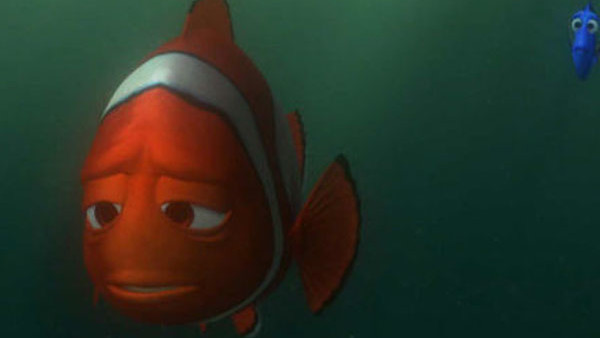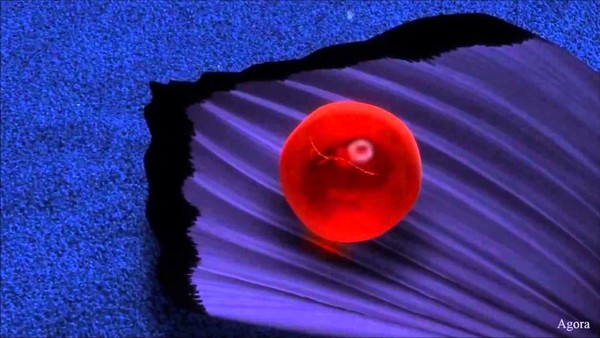Film Theory: Finding Nemo Doesn't Have A Happy Ending...
Marlon's going though the five stages of g-reef.

With a backlog of animated movies that have entertainment generations the world over, Pixar has defined itself as a household name for heart-warming films for both the young and old. Bringing tales such as Toy Story, Monsters Inc, and more recently The Incredibles sequel into colourful existence, the studio is renowned for its whimsical touch that turns the everyday into something special. Finding Nemo is no different, delivering an adventure across the ocean in which a father clownfish, Marlin, attempts to reunite with his kidnapped son, Nemo.
Employing the help of forgetful blue tang Dory as well as plenty of other fishy comrades, on the surface, Finding Nemo seems like the usual Pixar fare: but if you take a dive deeper into the movie, a dark secret soon emerges from the depths.
Utilising a closer look at Marlin’s behaviour throughout the film serves to reveal that the adventure may not be all that it seems, at least for adult eyes. Much in the same way Up was absolutely heartbreaking and Inside Out hid a devastating portrayal of mental health in its rainbow animations; Finding Nemo can actually be read as an allegory for grief, with Marlin experiencing the five stages of it after losing his son (and all of his other children) in the initial barracuda attack.
Get ready to burn all your copies of the film and cry yourself to sleep, as this one will leave a gaping hole in your chest. Fish have feelings too, guys.
6. Nemo Doesn't Exist

The very first sign that something’s amiss comes from Nemo’s name itself. Seemingly adopted from the famous Captain Nemo of Jules Verne’s novels, Nemo is actually translated from Latin to mean ‘no-one’, transforming the title of the movie into literally ‘Finding No-one’. It’s a strong case for Nemo being a figment of Marlin’s imagination, and if we apply the logic to the rest of the film, then other clues seem to take shape.
Watching the very opening of the film could be another case in point. As Marlin’s home is attacked by a rogue barracuda, his wife Coral sacrifices herself in an attempt to save their 400+ eggs, resulting in a stressed Marlin being knocked out in the conflict and waking up to the disappearance of everything he once loved.
When he explores the egg cave to see if there is anyone he can salvage from the attack, there’s a notable absence of just about anything. Everything is barren and tinged blue - reflective of his overwhelming grief. It’s only when he turns to look again does Marlin see that an egg has in fact survived; but did it really?
The bright orange egg, a tiny ray of hope in Marlin’s now-tattered life, is arguably a desperate bid at finding something worth living for. He wants to find something so much that he creates it in his own mind.
5. The Five Stages Of Grief

With this imaginary Nemo, however, comes some suspension of disbelief. Of course, Nemo interacts with other characters in the movie, so there’s an instant counter argument to the theory born from that alone.
It has to be believed that these conversations are sympathetic to the other inhabitants of the underwater town pitying Marlin and playing along, or simply, in the way of Fight Club or Black Swan, created in Marlin’s head to rationalise the situation. The theory is one that best lends itself as a lens to look at the film through - a certain duality of intent rather than a fixed provable ulterior narrative.
To begin then, Marlin’s own experience of the world around him is seen through five different steps as the film goes on, following the five stages of grief that have conjured this imaginary son for him to look after. These are as follows: 1. Denial, 2. Anger, 3. Bargaining, 4. Depression, and 5. Acceptance. Marlin has been suffering from this Denial since the barracuda attack, and continues to entrap himself within it by being constantly doubtful and protective of his son.
It’s only when seeing the other fish-children where he lives reach the age that Nemo should be attending school that Marlin’s mind begins to process the trauma he’s been through.